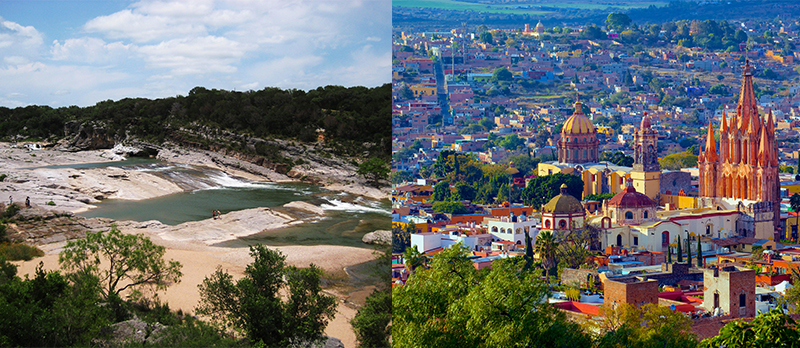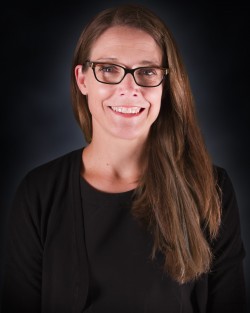UT, Mexico Exchange Program Funded by Grant from Presidential Initiative
December 21, 2015

The University of Texas at Austin has been awarded a $25,000 grant to fund a computational geosciences summer exchange program between the university and the Universidad Nacional Autónoma de México (UNAM) in Mexico.
The grant was funded by ExxonMobil and awarded through 100,000 Strong, an education initiative launched by President Barack Obama that seeks to increase the number of U.S. students studying in Latin America, and Latin American students studying in the U.S.
UT was one of nine universities to receive a grant. The award was announced on Dec.15 at an event attended by Vice President Joe Biden.
“We have to invest in the greatest natural resource we have—in our people,” Biden said. “It rests on exposure…exposure to culture, language and politics of other countries. That’s how we’re going to build the closest ties that cement the economic growth and stability of this hemisphere.”

The program will bring together 16 undergraduate students, eight from The University of Texas at Austin and eight from UNAM, for a six-week summer course in developing and applying algorithms that can aid in geoscience data collection and sampling. The course will be taught online, in the classroom and in the field. Two weeks of field work will be conducted near San Miguel de Allende, a UNESCO World Heritage Site in the Central Mexican Altiplano, and one week of field work will be in the Texas Hill Country.
“It’s an incomparable opportunity to create relationships, friendships, and scientific collaboration across the borders,” said program lead Suzanne Pierce, a computational geoscientist at the University of Texas Jackson School of Geosciences and Texas Advanced Computing Center. “The Mexican students will be in Austin over the 4th of July, and have that cultural experience, and the U.S. students will be able to experience a World Heritage Site that is one of the most unique places on Earth.”
Ritu Arora, a computer scientist at the Texas Advanced Computing Center, will co-lead the course. The course will also be taught by Gibran Fuentes Pineda, an associate researcher at UNAM’s Institute for Investigative Mathematics, and Enrique Cabral Cano, a researcher at UNAM’s Institute for Geophysics.
The idea for the course was born out of a National Science Foundation workshop on applying “intelligent systems” to geosciences research, Pierce said. Intelligent systems refers to a range of advanced technology, such as machine learning and visualization, used to improve data acquisition, analysis and representation. The course will provide an introduction to core intelligent system topics and include a team project that applies the topics toward data collected in the field.
“The hands-on project will focus on automated feature recognition within geoscience data sets, an area of research that is advanced, exciting and applicable for geoscientists across any area of our discipline,” Pierce said.
Students from both geosciences and computing sciences are welcome to enroll in the course. The application for the course is still in development. Information on how to apply will be posted when available.
For more information contact: Anton Caputo, UT Jackson School of Geosciences communications director, 512-232-9623; or Monica Kortsha, UT Jackson School of Geosciences public affairs officer, 512-471-2241.
